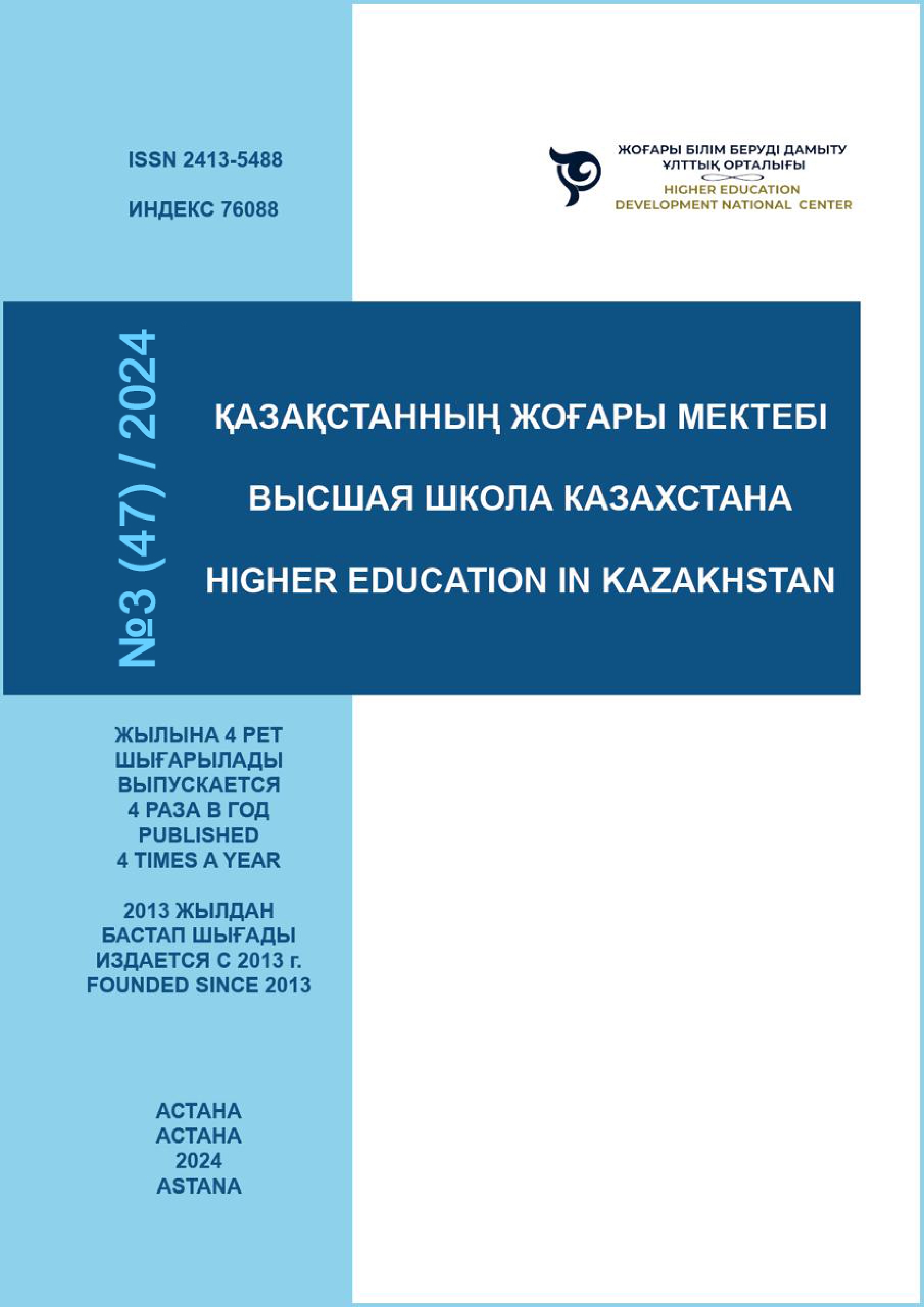THE ROLE OF SCIENTIFIC AND TECHNICAL DISCOURSE IN THE IMPLEMENTATION OF SCIENTIFIC AND LINGUISTIC TRAINING OF ENGINEERS
DOI:
https://doi.org/10.59787/2413-5488-2024-47-3-61-69Abstract
In this article the content analysis of the concept “scientific and technical discourse” is carried out and various aspects of this concept are systematized. Based on foreign and domestic practices, the main components that characterize scientific and technical discourse as a separate category have been revealed. The key characteristics and properties of scientific and technical discourse are identified, the knowledge and use of which will ensure successful communication in the scientific and technical environment. The specific influence of the identified characteristics on the effectiveness of scientific training has been clarified, since their correct use can significantly increase the quality of language education and training of technical specialists as a whole, improve their professional knowledge and language skills, as well as make them more competitive in the labor market.
This scientific work is the result of research obtained in the process of project implementation “Intensification of scientific and professional language training of technical specialists in the context of digital transformation of education” (IRN AP19678460) by the grant funding of Science Committee of the Ministry of Science and Higher Education of the Republic of Kazakhstan.
References
Tokayev, K-J. (2024). President Kassym-Jomart Tokayev’s State of the Nation Address. A fair state. One nation. Prosperous society. September 2024. https://www.akorda.kz/en/president-kassym-jomart-tokayevs-state-of-the-nation-address-181857
Pecheux, M. (1975). Les verites de la palice. Paris: Maspero Publ. (in French).
Serio, P. (2001). Discourse analysis in French school. Semiotika: Antologiya, 549-662.
Fuko, M. (1996). Archeology of knowledge.
Habermas, J (2001). Involvement of another one. Feature articles on political history.
Kurkan, N., Fadeeva, N.& Mishankina, N. (2020). Discoursive specificity of engineering communication in the russian socio-cultural space. Tomsk state pedagogical university bulletin, №2 (208). https://doi.org/10.23951/1609-624X-2020-2-92-102.
Dmitrichenkova, S.& Dolzhich, E. (2017). Visual Components of Scientific-technical Text. Procedia Computer Science,103, 584-588.
Sandoval, W. A., Daniszewski, K., Spillane, J., & Reiser, B. J. (1999). Teachers’ Discourse Strategies for Supporting Learning Through Inquiry. Presented at the Annual Meeting of the American Educational Research Association, Montreal, April 19-23.
Butenko, Y. (2022). Text model of scientific and technical article for markup in the corpus of scientific and technical texts. Bulletin of Novosibirsk State University. Information technologies, 20 (3), 5-13.
Suchkov, A. (2020). Composition, structure and methods of data analysis of scientific service management systems. Systems and Tools of Informatics, 30 (2), 163-176. https://doi.org/10.14357/08696527200215
Iļjinska, L., & Smirnova, T. (2014). Conflicting Tendencies in the Development of Scientific and Technical Language Varieties: Metaphorization vs. Standardization. Research in Language, 12(1), 93–111. https://doi.org/10.2478/rela-2014-0009
Perez-Llantada, C. (2024). Approaching digital genre composing through reflective pedagogical praxis. Journal of English for Academic Purposes, 68, 101349. https://doi.org/10.1016/j.jeap.2024.101349
Rubannikova, I. (2023). Analysis and structuring of scientific and technical discourse. Proceedings of the conference “World scientific research and development: modern aspects, risks, prospects”.






